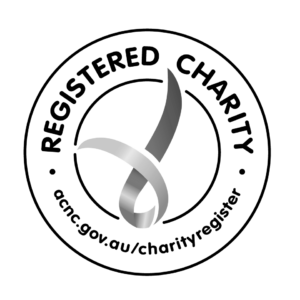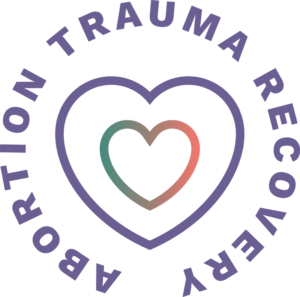With Australian research showing a 40 fold annual increase in drug-affected babies being born between 1980 and 2005 and co-author Professor Fiona Stanley’s use of national media to call for more to be done to prevent ‘unplanned pregnancies in drug using women’, the implications are clear.
Abortion, treated as another form of birth control by the medical professionals, is seen by many as one of the necessary tools to combat social ills. Professor Stanley’s public response to her alarming research published in Pediatrics (April) only adds weight to the unreported practice of women deemed ‘defective’, being pressured into unwanted abortions.
The 2003 Australian of the Year however, like her peers, has continued to ignore growing international research linking abortion to substance abuse, psychiatric illness, depression, post-traumatic stress disorder, relationship problems, domestic violence and premature death in the categories of suicide, accident, homicide and natural causes.
There are now at least 24 published studies linking abortion to substance abuse, including studies during pregnancies and one recent ground breaking Australian study published in the The British Journal of Psychiatry (2008).
We now have a situation where the manifestations of abortion trauma in our communities are being used to promote the need for abortion.
Self-medicating with alcohol and/or drugs is a typical coping mechanism for many women and men struggling with their abortion experience.
A problem often further aggravated by other maladaptive behaviour patterns such as self-destructive behaviours, anger management issues, personality disorders, sexual dysfunction, and domestic violence to name but a few. Into this toxic mix is the propensity for the ‘atonement’ child, a subconscious form of self-therapy often leading to repeat abortions.
Pitiful indeed is the plight of repeat-aborters, who end up in our chemical dependency units trying to carry a pregnancy to term. Viewed with contempt by all, that only serves to reinforce both their own sense of self-loathing and victimization. The root cause of their trauma is too confronting for our doctors to face. It is easier to blame the woman.
Without giving publicity to a deeper analysis of underlying causes as to why women are increasingly substance abusing, Professor Stanley is effectively scapegoating traumatized women and further paving the way for vulnerable pregnant women to be pressured into unwanted abortions.
https://www.smh.com.au/national/more-babies-born-to-drugaddicted-mums-20090423-ag33.html


